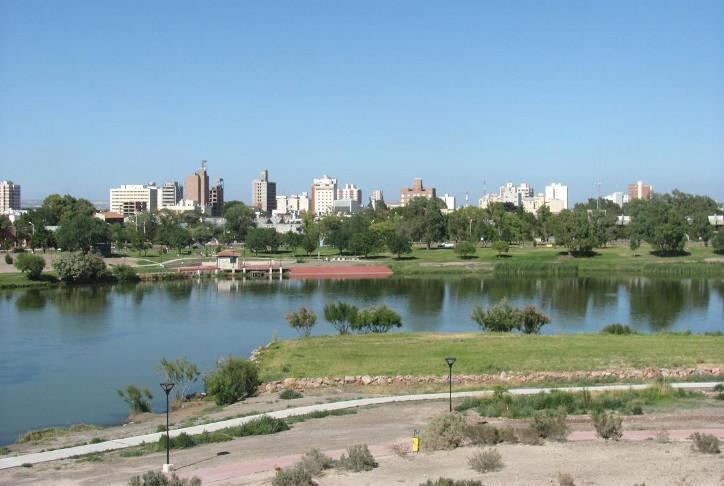We worked in the Cacique Chiquichano Lagoon, in Trelew, Chubut.

In this work, we studied the effects of a future scenario of global (increase of nutrients, solar radiation and acidification) on the phytoplankton and zooplankton of an urban eutrophic lagoon of Patagonia (Laguna Cacique Chiquichano) and on its trophic interactions. The study revealed that the structure of the planktonic community (phytoplankton and zooplankton) is, in general terms, resilient to a future scenario of global change since both abundance of phytoplankton and zooplankton as well as biomass and carbon content Per cell of the primary producers did not show changes, regarding the current conditions (present scenario). However, the strength of the phyto-zooplankton interaction was greater in a future scenario. On the other hand, the zooplankton community exerted an important top-down pressure on both scenarios (present and future), grazing mainly on small cells, thus reducing their abundance and biomass. The results obtained evidenced that the predation pressure of zooplankton and not a future scenario of global change would be responsible for modeling the structure of communities of primary producers in this environment.